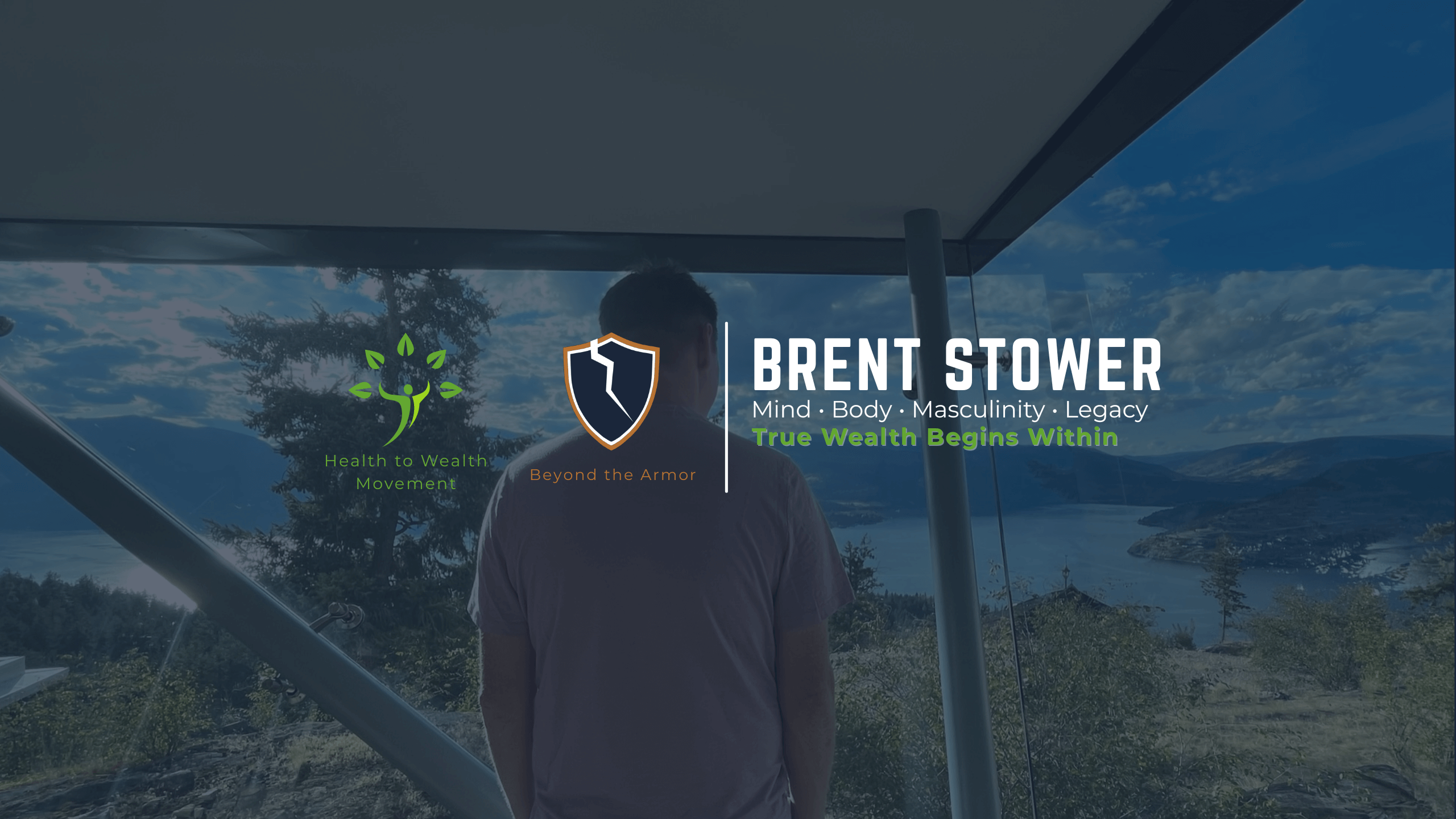Do you ever feel stuck in a loop, repeating the same mistakes, getting triggered by the same situations, or feeling disconnected from your goals?
You might be dealing with something most of us have but rarely recognize: blind spots in self-awareness. These blind spots can hold us back, limit our growth, and prevent us from experiencing the mental clarity we crave.
But here's the catch; we can't fix what we don't see.
In personal experiences over the years I struggled with this as I didn't take to constructive criticism well.
With constructive criticism we have to understand that the person telling us this information about ourselves is essentially giving us a framework on where to start improving. Whether you agree or disagree this information is given in the perception of the other person. It's not always easy to hear constructive criticism as I use to shut down completely and get defensive.
Instead we should welcome this information openly to better understand who we are. Now looking at it from a different side I'm able to adapt and or make changes that I might need to make.
What Are Blind Spots in Self-Awareness?
Blind spots are the parts of our personality, behavior, and emotions that we can't see clearly. They can be the invisible roots of our struggles, whether it's recurring relationship conflicts, chronic self-doubt, or an inability to move forward in life. These hidden areas can:
- Keep us from achieving our potential
- Reinforce limiting beliefs about what we're capable of
- Create emotional triggers that disrupt our peace of mind.
Blind spots often manifest in self-sabotage, whether that's pushing people away, missing out on opportunities because of fear, or getting stuck in anxiety and overthinking.
The Emotional Cost of Ignoring Your Blind Spots
Living with unaddressed blond spots is like walking through life with weights tied to your ankles. You might think you're making progress, but the truth is, you're moving slower than you could be. These hidden barriers come with an emotional price tag:
- Anxiety: You may find yourself worrying about things without understanding why. The source of your anxiety might not be the external situation but unresolved internal patters.
- Frustrations: Why do I always end up in the same situations? Why do I feel like I can't make a breakthrough? These frustrations can leave you feeling powerless.
- Low Self-Worth: Blind spots can lead to negative self-perception. Without clarity on what's really holding you back, it's easy to blame yourself, reinforcing the belief that you're "not good enough" or incapable of change.
By ignoring these blind spots, you're allowing these patterns to control your life, but it doesn't have to be this way.
How Hypnotherapy and Self-Awareness Help You Break Free
Hypnotherapy is more than just a tool for relaxation. It's a way to deeply explore the inner workings of your mind. During hypnosis, you enter a state of focused relaxation, where you mind is more open to uncovering hidden beliefs, emotional wounds, and limiting patterns that are rooted in your subconscious.
Here's how hypnotherapy can help tackle blind spots:
1. Unlock Emotional Triggers: If certain situations or people consistently trigger strong emotional responses, hypnotherapy can help you trace those triggers back to their root. By understanding why you react the way you do, you can begin to dismantle those automatic responses and replace them with more empowering behaviors.
2. Break Limiting Beliefs: Many blind spots come from the form of limiting beliefs. Deep rooted ideas about yourself and the world that you're not even aware of guiding your decisions. Beliefs like "I'm not good enough' or "I don't deserve success" may be subtly influencing your life. Hypnotherapy can help reframe these beliefs, allowing you to step into your potential.
3. Heal Emotional Wounds: Unresolved emotional pain often hides in our blind spots, manifesting as resistance to change or chronic feelings of unworthiness. Hypnotherapy creates a safe space to heal those wounds, allowing you to move forward without the weight of past trauma holding you back.
4. Enhance Self-Awareness: Hypnotherapy can be combined with self-reflection practices like journaling to enhance your self awareness even further. By bringing these hidden aspects of yourself in consciousness, you can start living in alignment with your true values, not just the patterns your mind as developed over time.
The Breakthrough Moment: What's Possible After Uncovering Your Blind Spots
Imagine finally understanding the reason behind your frustration, the root of your anxiety, or why certain situations always seem to repeat in your life. The feeling of relief and clarity that comes with uncovering these blind spots can be life-changing. You no longer have to be a passenger in your own life-- driven by unconscious patterns and beliefs. Instead you can:
- Improve Relationships: Understanding your blind spots helps you see how your actions and emotions affect others. You'll be able to communicate more effectively, manage conflict, and build stronger connections.
- Boost Confidence: Breaking free from limiting beliefs creates space for new, empowering beliefs. You'll feel more confident in your abilities and more in control of your life.
- Achieve Clarity: Self-awareness brings mental clarity. You'll know what truly matters to you and what direction to take, without being clouded by self-doubt or emotional triggers.
Take the Next Step Toward Transformation
Uncovering your blind spots isn't easy--but it's one the most rewarding steps you can take in your personal growth journey. Whether you're dealing with anxiety, self-doubt, or simply feeling lost, hypnotherapy offers a power way to break through.
If you're ready to face your blind spots and experience the freedom of self-awareness, I invite you to explore Mind Mirror my self-awareness workshop or book a hypnotherapy session. Let's uncover what's holding you back so you can move forward with clarity, confidence, and purpose.

















0 Comments